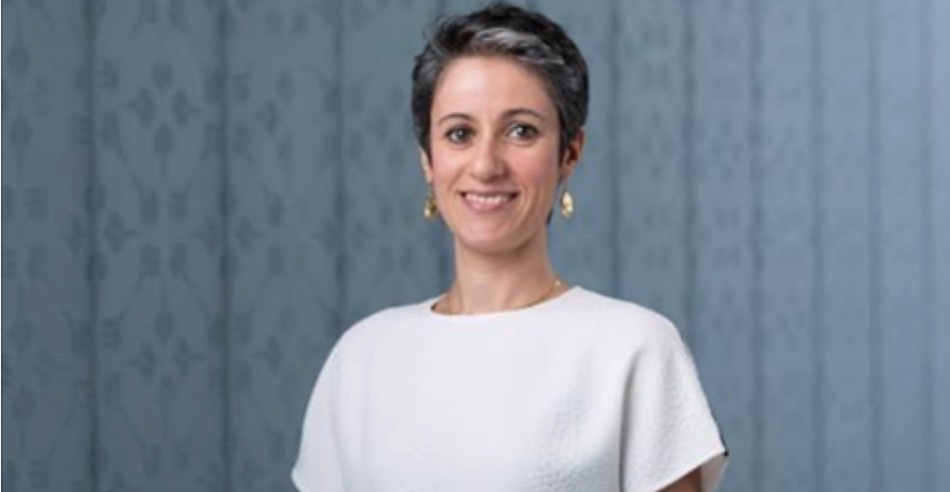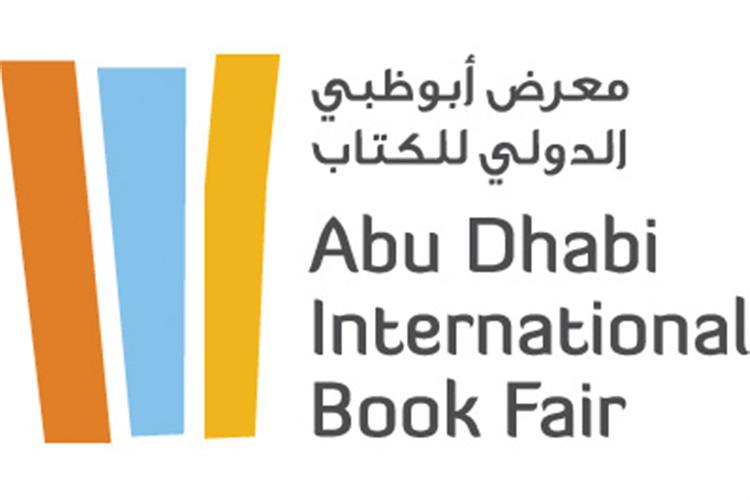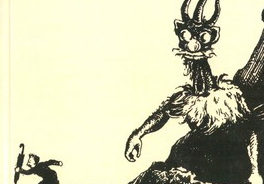Last night in Abu Dhabi, Mohammed Hasan Alwan was announced the winner of the 2017 International Prize for Arabic Fiction (IPAF) for his novel, A Small Death, chosen from an impressive shortlist including Elias Khoury of Lebanon and Mohammed Abdel Nabi of Egypt.
In a video for IPAF, Alwan, who was born in Saudi Arabia but now lives in Toronto, said, “It might seem odd to choose to write a novel about Ibn ‘Arabi with all those extreme eastern concepts, whilst residing in this distant cold corner of the world in Canada. I often think about this. So, at first, I directly linked it to me feeling nostalgic, then I realised that being exposed to what is seemingly foreign or different is what drives me to reconnect with myself, as well as with my heritage and old culture.”
Since its inception almost ten years ago, IPAF, often referred to as the “Arabic Booker,” has maintained as its central mission the translation of winning and shortlisted novels to encourage greater readership of high-quality Arabic literature internationally. In fact, it guarantees translation of winning novels into English (and other languages when the budget permits), provides monetary awards to shortlisted pieces ($10,000 each, and $50,000 to the winner), and supports appearances of authors at international festivals, including Shubbak in London and the Berlin Literary Festival.
The initial idea for IPAF emerged in 2007 when Ibrahim el Moallem, then President of the Arab Publishers’ Association, “talked of the regrettably few numbers of high quality contemporary Arabic novels being translated into leading Western languages,” as Fleur Montanaro, current administrator of IPAF, recounted to me in a recent interview. Ms. Montanaro added “these works existed but were not known outside the Arab world as they deserved to be.”
According to numbers alone, IPAF does appear to have made some headway in promoting translation. Although some have argued in the past (see this report from Literature Across Frontiers) that IPAF primarily encourages Anglophone translations, winning and shortlisted novels have been translated into 20 languages, including several non-European languages, among them Chinese, Turkish, and Russian. Furthermore, distribution has not been limited to the European continent. For example, The Druze of Belgrade by Rabee Jaber, winner in 2012, was distributed in Latin America.




